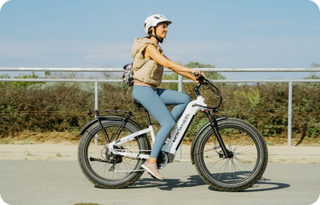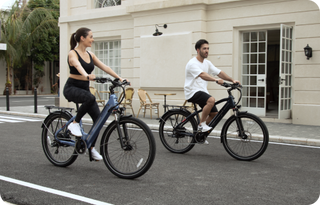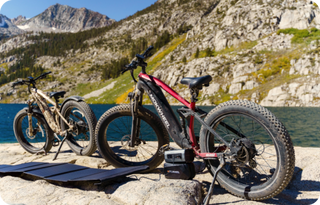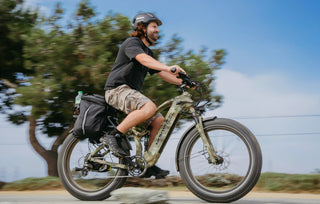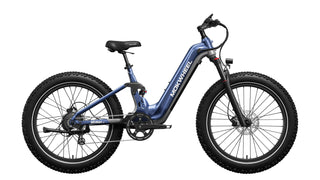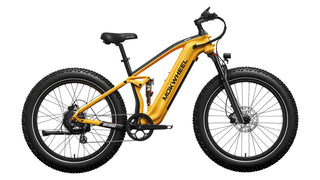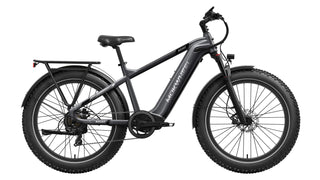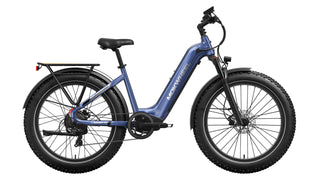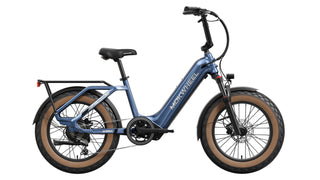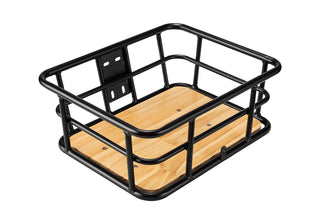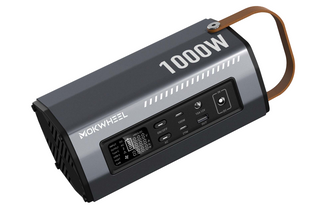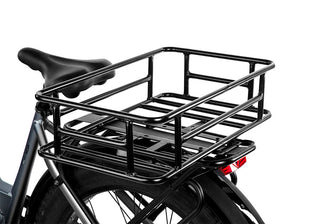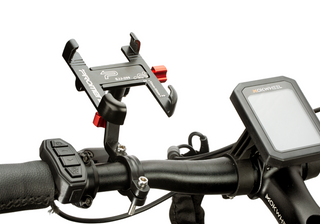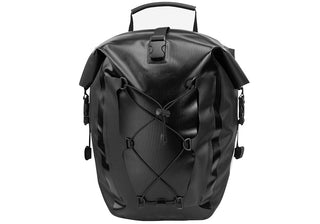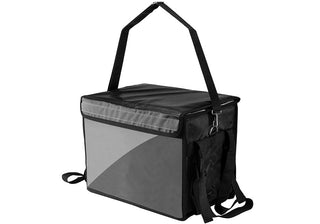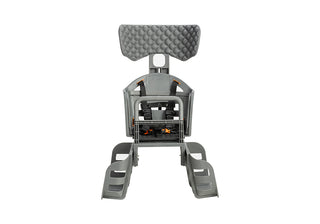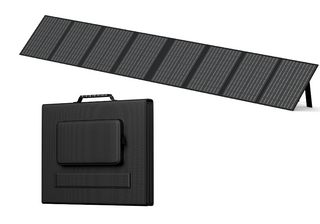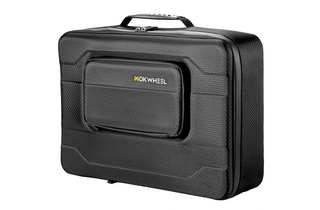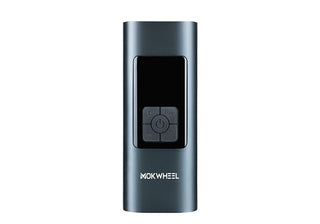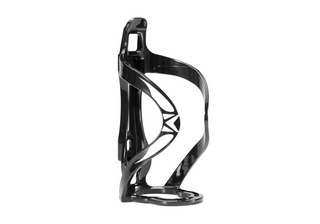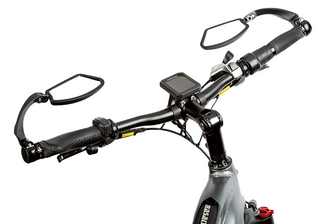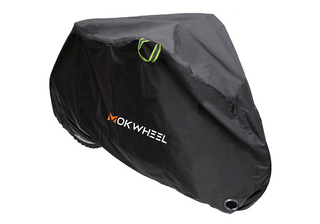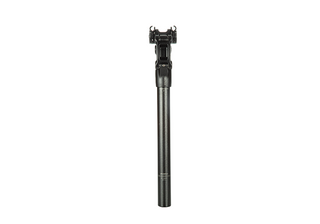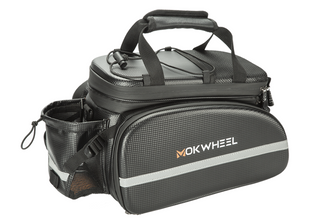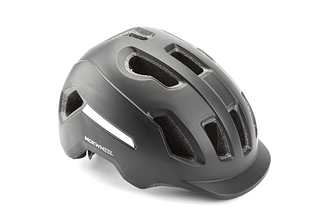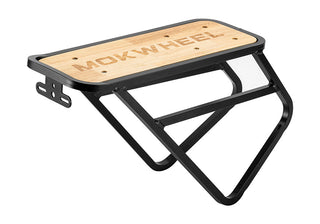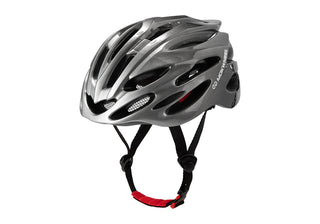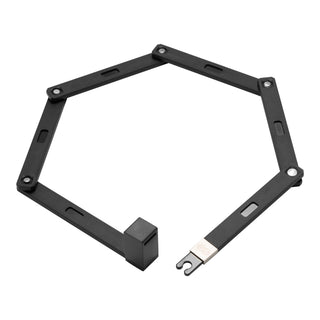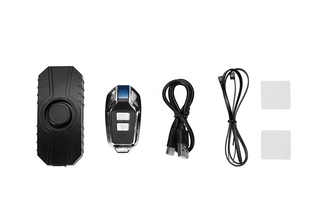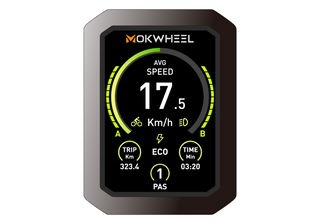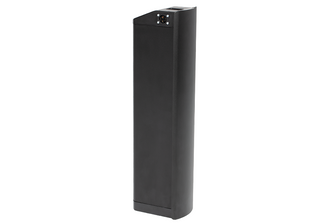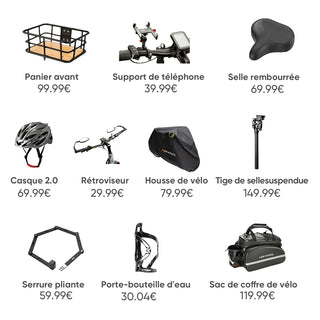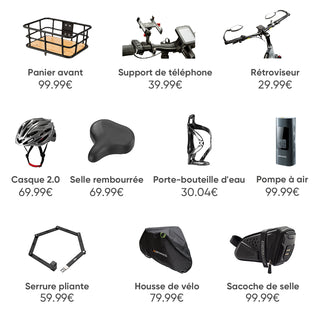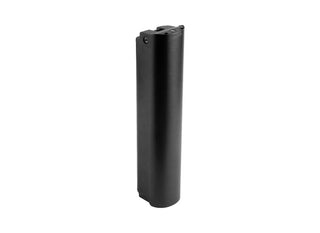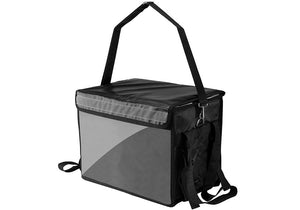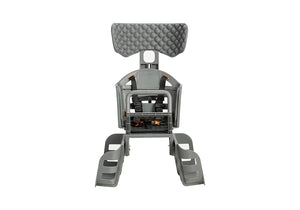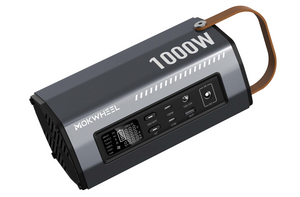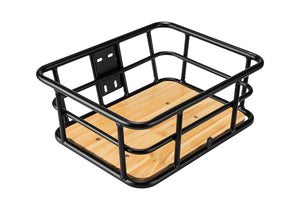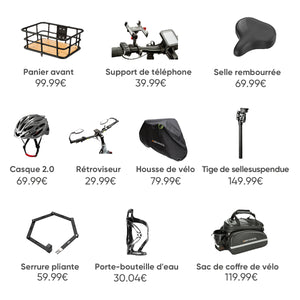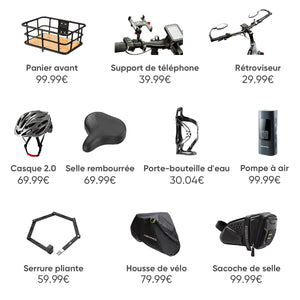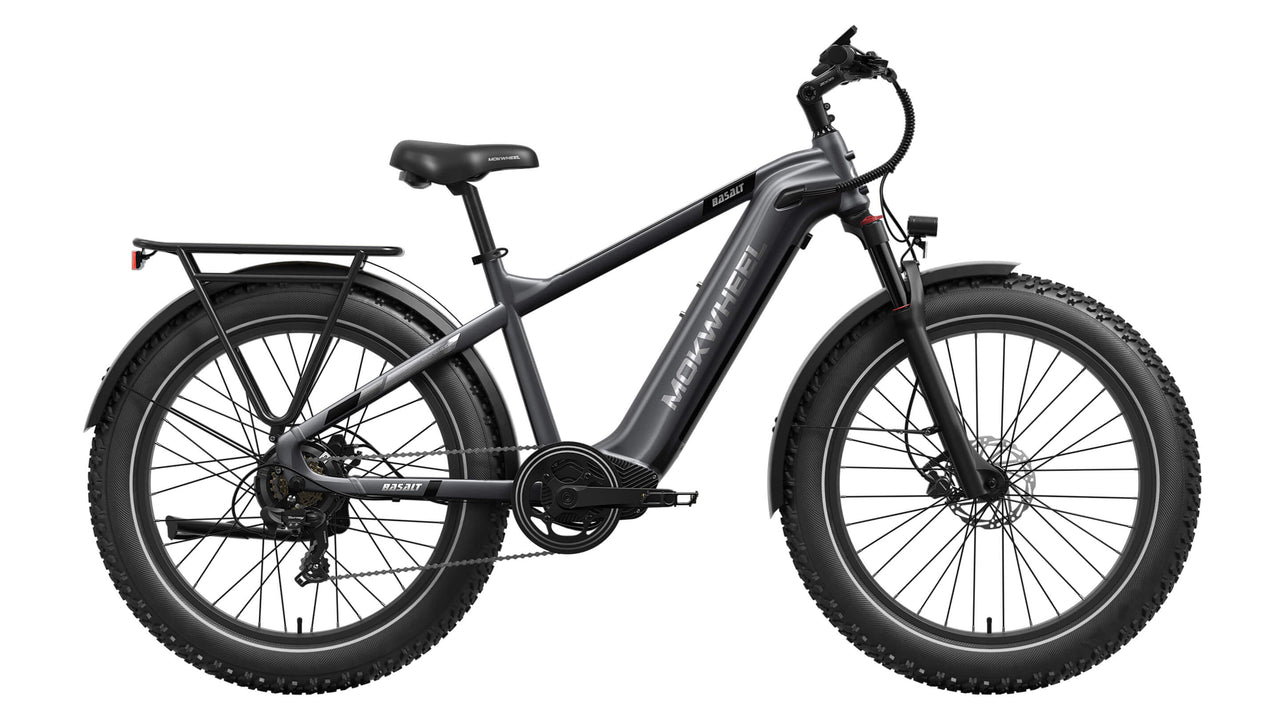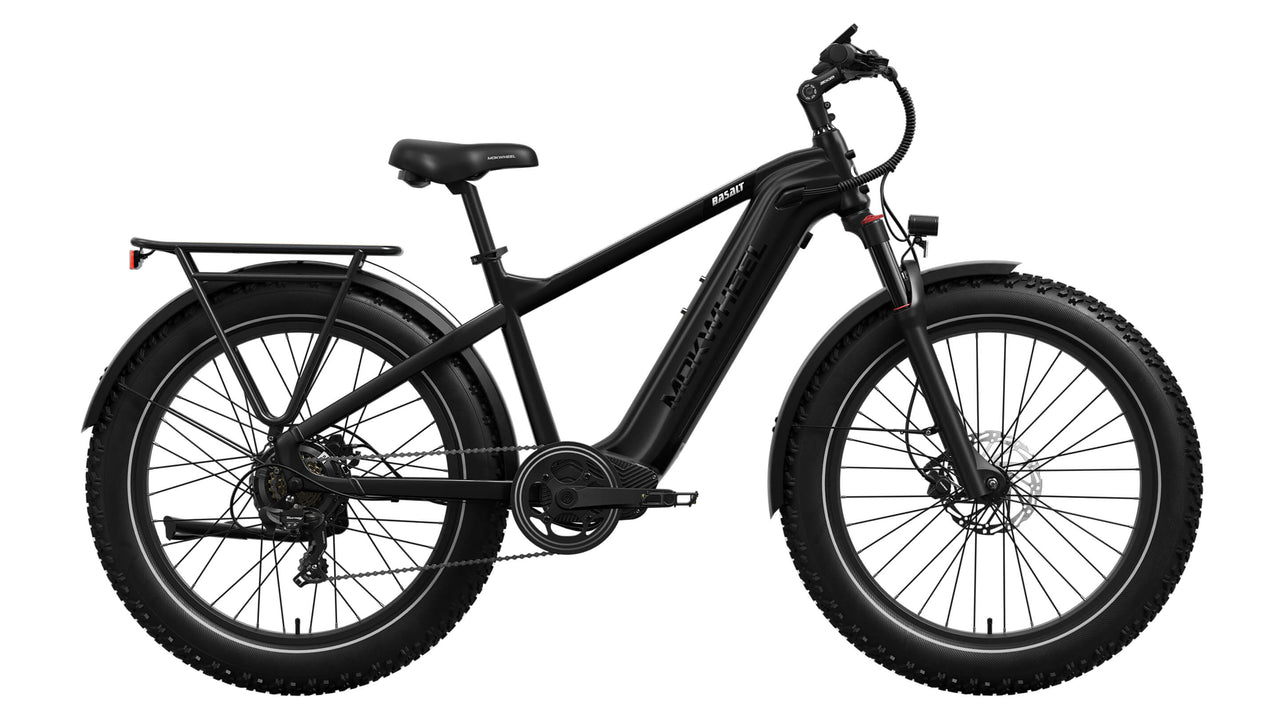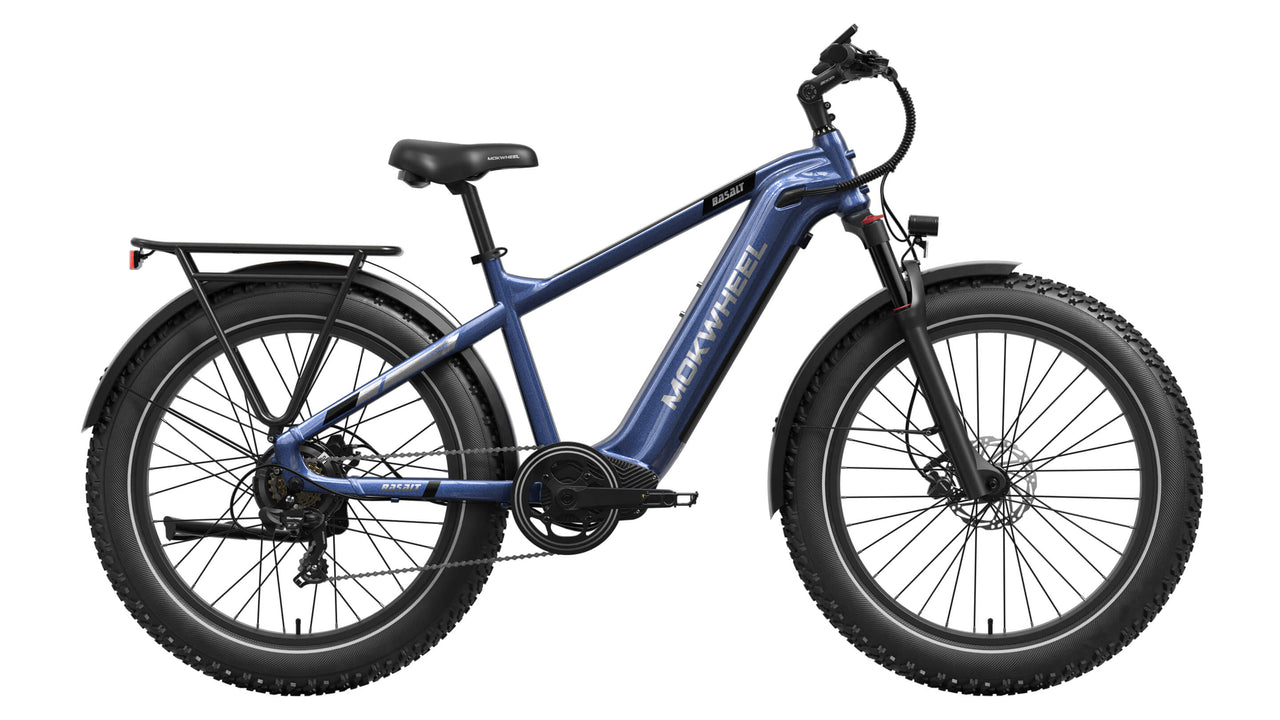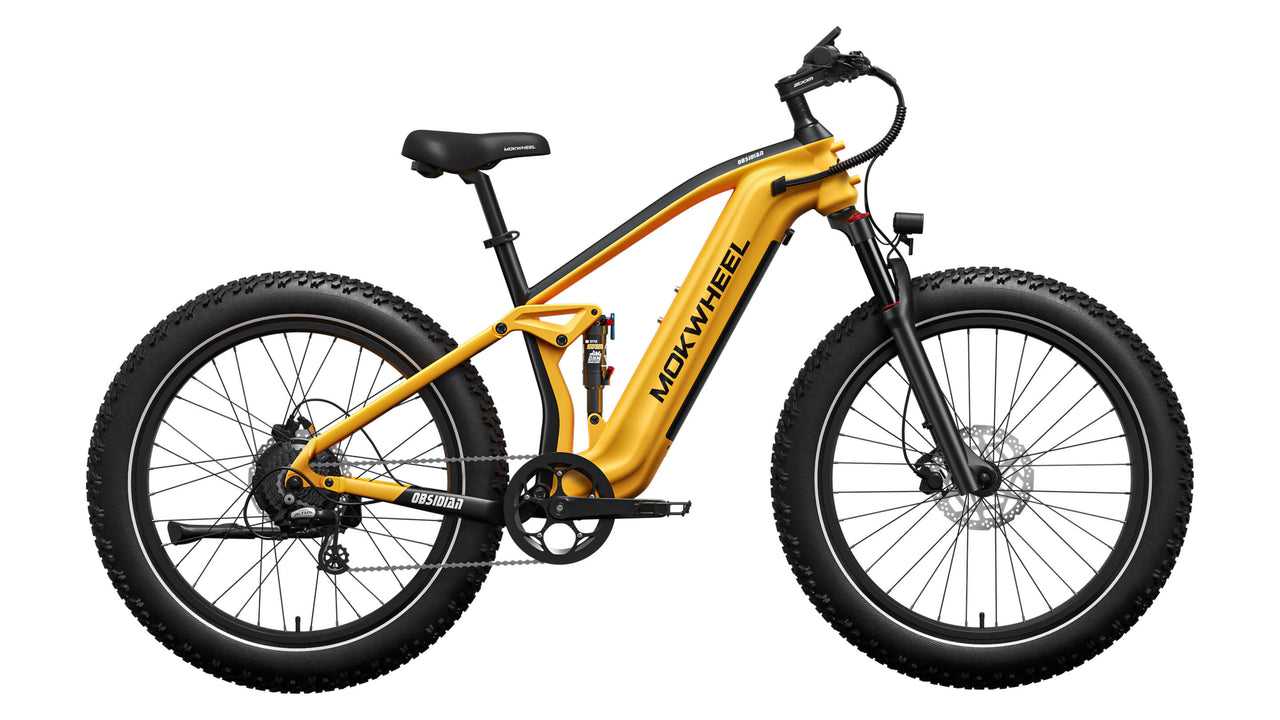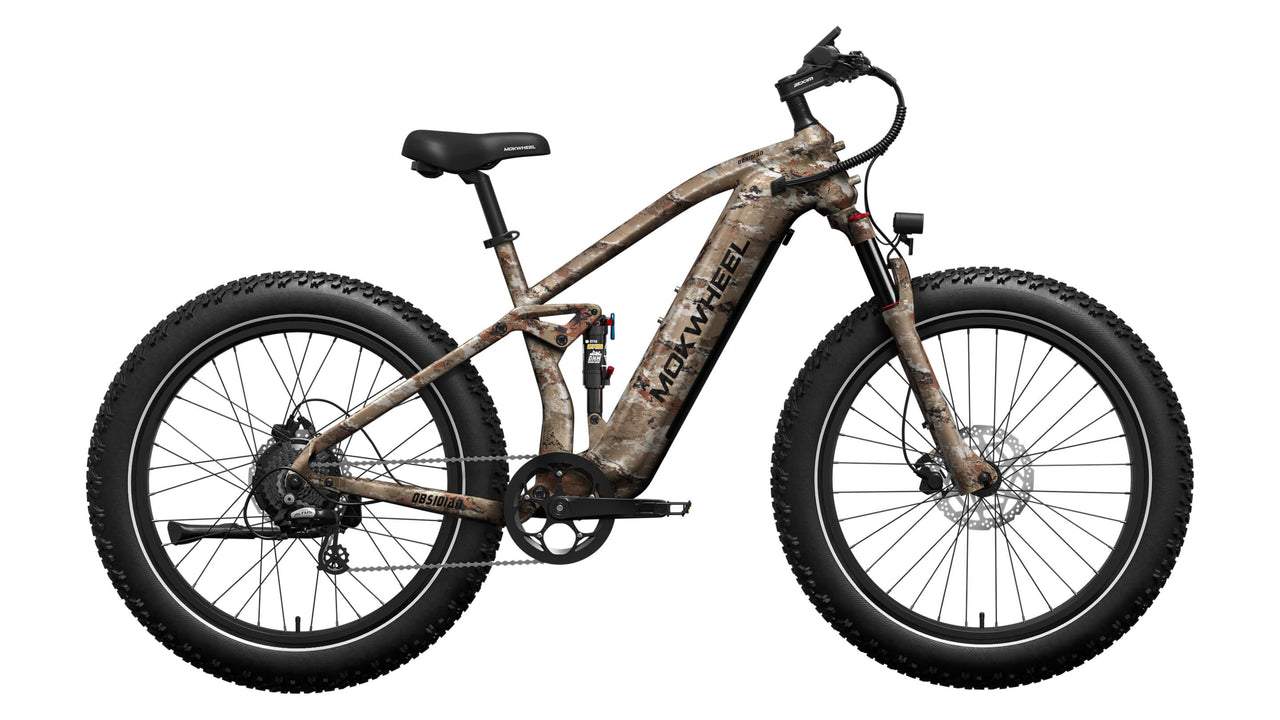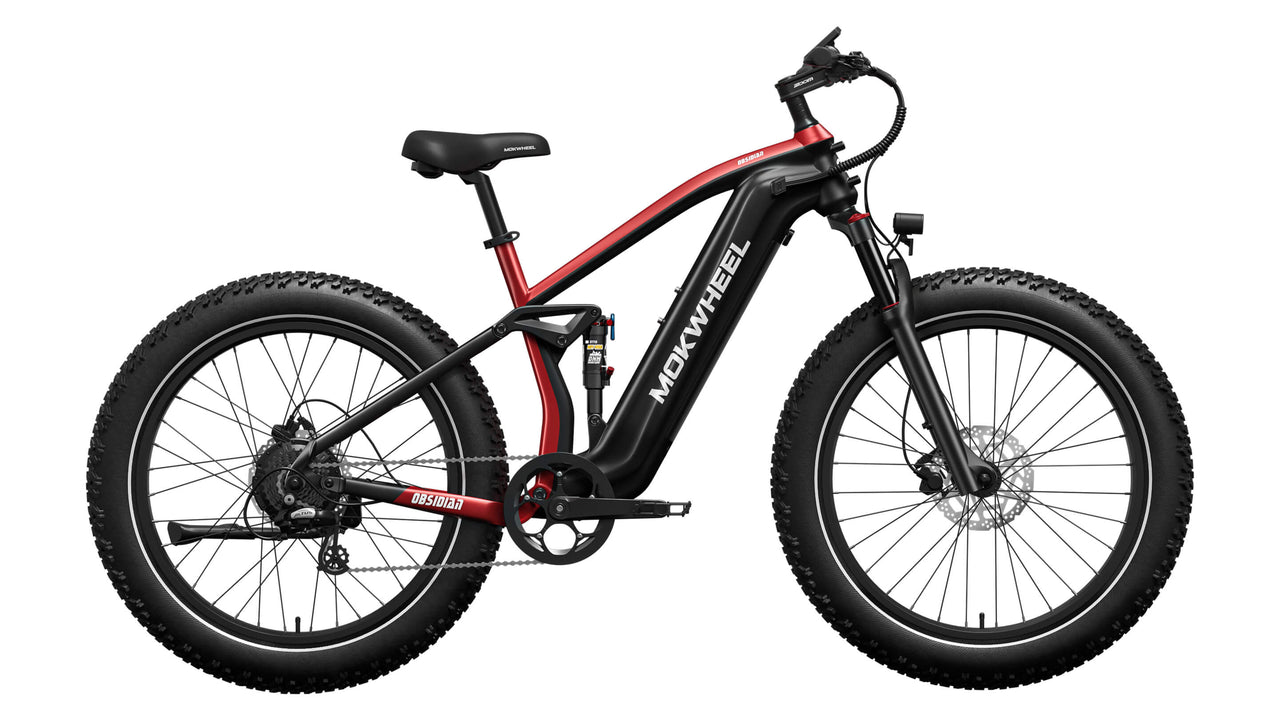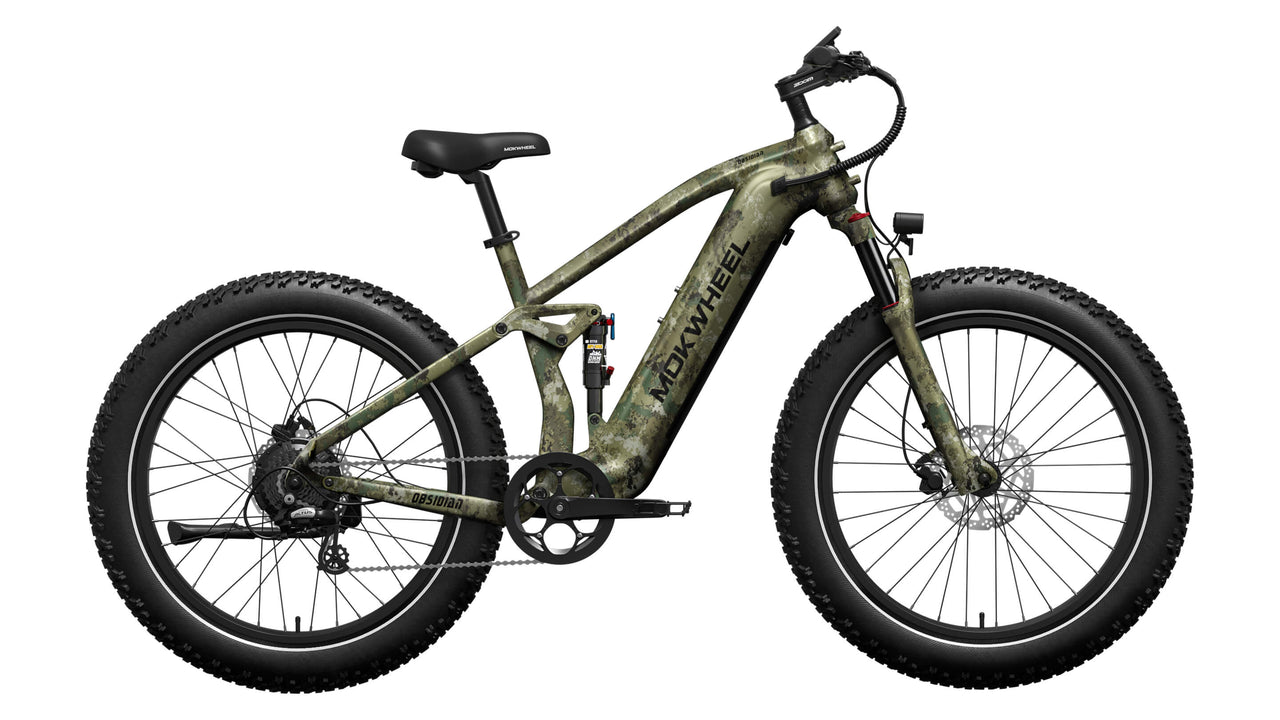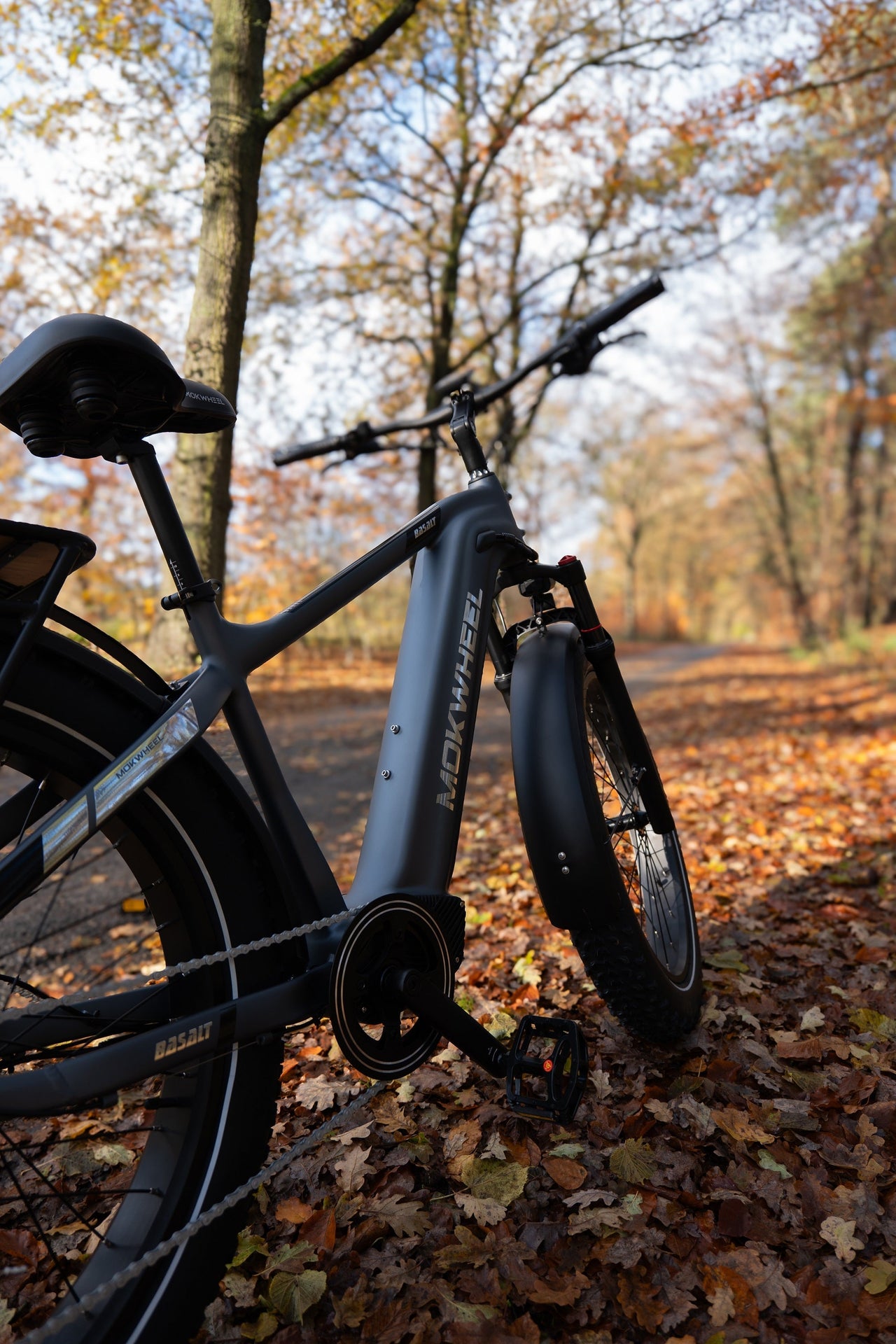Over the years, especially in recent times, electric bikes have become increasingly popular, with many people opting for them as a mode of transportation or for leisure activities. When choosing an electric bike, one of the key considerations is the type of sensor used to assist with pedaling. The two most common types of sensors used in electric bikes are torque sensors and cadence sensors. While both types have their advantages, torque sensors are generally considered to be superior to cadence sensors in terms of performance and efficiency. That's why Mokwheel Power Station Fat Tire Electric Bikes: Basalt, Basalt ST, and Scoria have upgraded to torque sensors without raising the retail price to the end customer. As you read on, we will explore the reasons why torque sensors are better than cadence sensors on electric bikes.

Firstly, it is important to understand the difference between torque sensors and cadence sensors. A torque sensor is a device that measures the amount of force being applied to the pedals by the rider. This information is then used to determine how much assistance the motor should provide. Cadence sensors, on the other hand, measure the speed at which the pedals are being turned. This information is used to determine the level of assistance required. While both types of sensors are used to provide pedal-assist on electric bikes, the way they operate is fundamentally different.
One of the main advantages of torque sensors is that they provide a much more natural and intuitive riding experience. This is because they respond in real-time to the amount of force being applied by the rider. As a result, the assistance provided by the motor is directly proportional to the amount of effort being put in by the rider. This means that the rider can maintain a consistent level of effort, regardless of the terrain or conditions, and the motor will adjust the assistance accordingly. In contrast, cadence sensors can be less responsive and sometimes result in a jerky or unnatural feeling when the motor kicks in.
Another advantage of torque sensors is that they are much more efficient than cadence sensors. This is because they are able to provide assistance only when it is needed, rather than constantly providing assistance based on a predetermined speed or cadence. This means that the motor is only using energy when it is required, resulting in a longer battery life and more efficient use of power. In contrast, cadence sensors can be less efficient as they may provide unnecessary assistance when the rider is already pedaling at a high cadence, resulting in wasted energy.
Torque sensors also provide a greater level of control and customization for the rider. With a torque sensor, the level of assistance provided can be adjusted based on the amount of force being applied to the pedals. This means that the rider can choose to have more or less assistance depending on their needs or preferences. In contrast, cadence sensors provide a more limited level of customization, as the level of assistance is primarily determined by the speed of pedaling. This can result in a less tailored riding experience and may not be suitable for riders with specific needs or preferences.
Furthermore, torque sensors are more accurate and reliable than cadence sensors. This is because they measure the actual force being applied to the pedals, rather than relying on an estimated cadence or speed. This means that torque sensors are less likely to be affected by external factors such as wind or terrain, resulting in a more consistent level of assistance. In contrast, cadence sensors can sometimes be affected by these factors, resulting in a less reliable and accurate level of assistance.
In conclusion, while both torque sensors and cadence sensors are used to provide pedal-assist on electric bikes, torque sensors are generally considered to be superior in terms of performance and efficiency and why Mokwheel Power Station Fat Tire Electric Bikes: Basalt, Basalt ST, and Scoria have upgraded to torque sensors without raising the price to the end customer.






